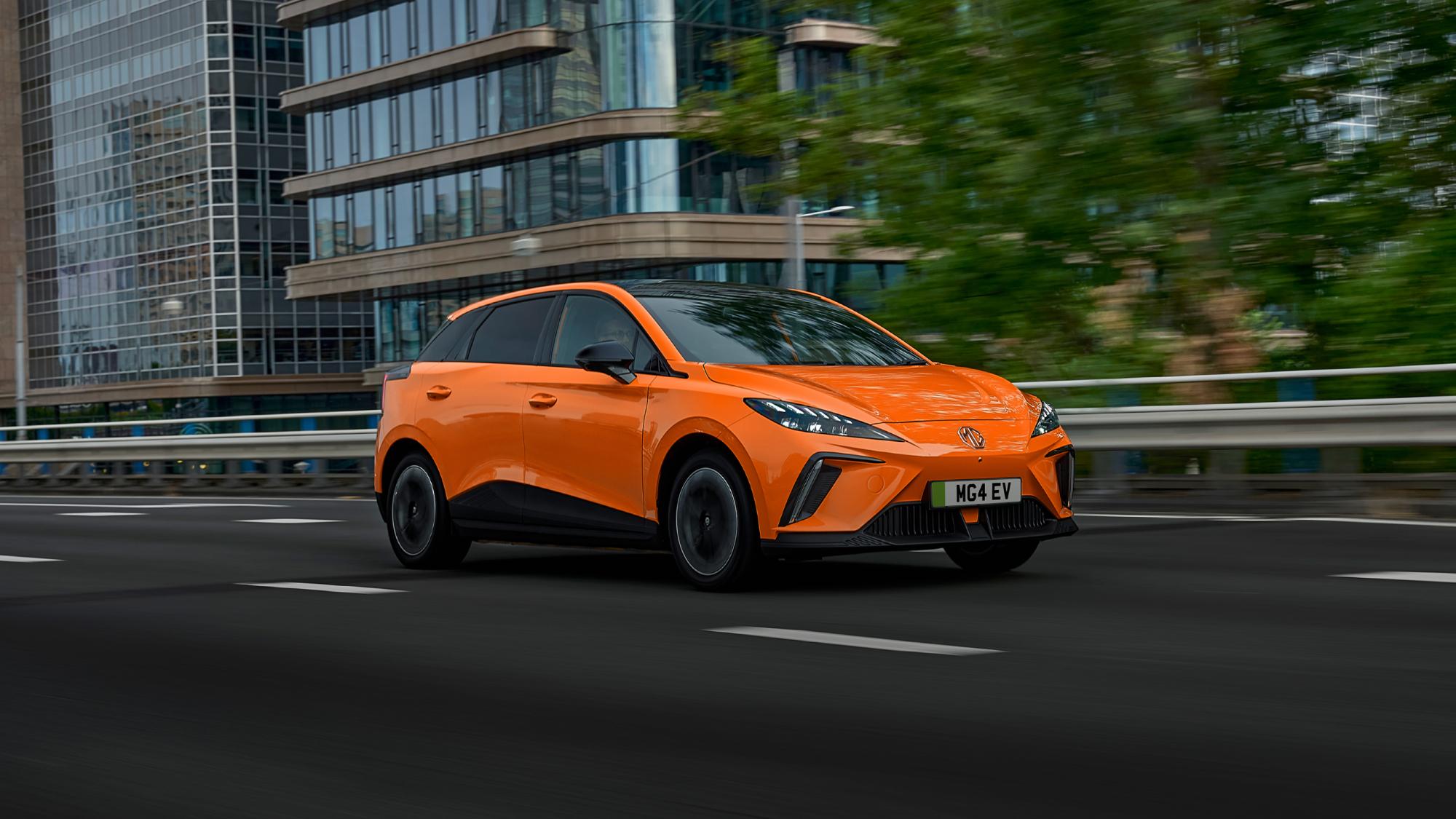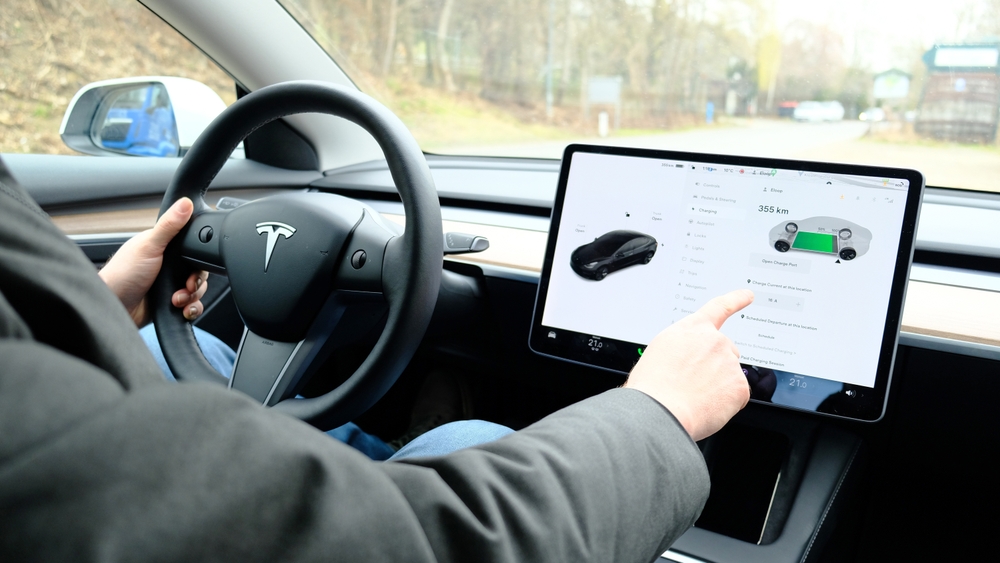Whether you’re interested in cars or not, you can’t really fail to have noticed the ongoing transition from fossil fuels to battery-electric power. The government is trying to entice drivers to give up their petrol and diesel predilection in favour of cleaner and greener electric vehicles (EVs), but while some have gladly made the switch, others have been less enthusiastic, citing concerns about range and infrastructure. Whatever your take on electric cars, though, they’re increasing in both number and popularity, and some buyers will unquestionably be considering battery power for their next car.
So, if you’ve got half an eye on going electric in 2025, our guide tells you exactly what the benefits and drawbacks will be, so you can make a more informed decision.
Why not go electric in 2025?
Let’s start with the reasons for sticking with petrol or diesel power. It shouldn’t take too long. Firstly, if you have a fairly new petrol, diesel or hybrid car, 2025 might not be the year to switch to an electric vehicle, but that doesn’t mean you shouldn’t already be thinking about what comes next. Electric cars are only going to improve over the next few years, and they’re getting more and more attractive with every month that passes.
You might also think an electric car won’t suit your lifestyle. Maybe you’re worried about the distance you’ll manage on a charge, or the availability and speed of charging. Perhaps you’re concerned about towing ability. The validity of these concerns varies depending on where you live, where you drive, and how you use your car, but it’s worth crunching the numbers properly before discounting electric power altogether.
The solution will often lie in picking the right car for your needs. You wouldn’t buy a Fiat 500 if you need a pickup truck, and nor will you buy a Mercedes-Benz EQS when you can only afford an MG4 EV. So, if you really do pile on the miles, either look at long-range EVs or consider a hybrid or plug-in hybrid vehicle that uses electric motors to improve economy but still offers the flexibility of a petrol engine.

I want to go electric, but will it cost a fortune?
That depends. Generally speaking, electric cars are not quite as cheap to buy as their petrol-powered equivalents, but the difference in used prices is not so great. In some cases, in fact, used electric cars can be cheaper than their petrol counterparts. It’s always worth shopping around to find a good deal.
Will I save money by running an electric car?
Again, that depends, but there’s certainly the potential to save a small fortune by running an EV. If you benefit from cheap off-peak electricity and you do most of your charging at home, you’ll find an electric car significantly cheaper to fuel, although the difference won’t be so great if you have to charge using a public charging point. And the faster the charger, the more expensive it will be.
However, maintenance costs should be on a par with a petrol or diesel car, if not slightly lower, because electric motors only have one moving part. Yes, tyre wear can be higher in an EV, due to the weight and power, but regenerative (motor) braking means brake wear should be lower. All told, the cost of consumables will likely be less than running an equivalent petrol car.
EVs also currently incur very low rates of tax, both for private buyers and company car drivers, so you’ll almost certainly save money on that front.
Are EVs difficult to use or drive?
No, quite the opposite. With just two pedals (accelerator and brake) and an automatic-style gear selector, EVs are no harder to drive than a golf buggy. And many have a ‘one-pedal’ mode that uses the motor to slow the car and not only increases range, but also means you rarely need to use the brake pedal. Admittedly, EVs deliver their performance differently to petrol cars – it all comes immediately – and some are so powerful that you need to be careful with them, but the same is true of high-performance petrol cars.

Is now the best time to go electric?
Without a crystal ball, it’s hard to say whether 2026 or 2027 will be better or worse, but we know there has never been a better time to go electric in the past 15 years. EV technology is constantly progressing, and the latest-generation cars are some of the best we’ve ever come across. There’s also more choice than there was even three years ago, and that can’t possibly be a bad thing.
Where should I find my next EV?
You can buy an EV through much the same channels as any other car, and there’s a wide range of electric cars available on Carzone right now. Just search the site for the electric vehicle you want and browse the selection at your leisure.